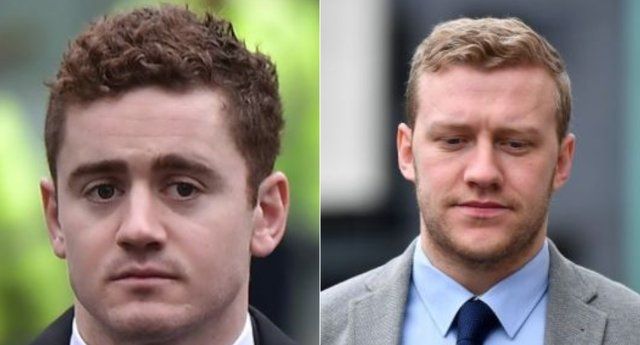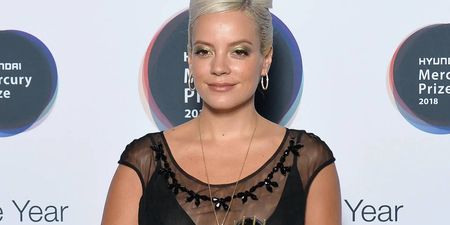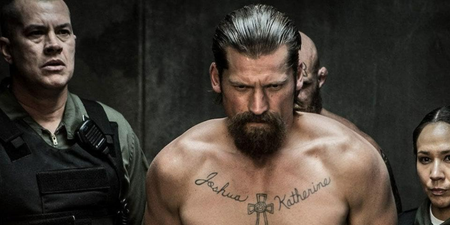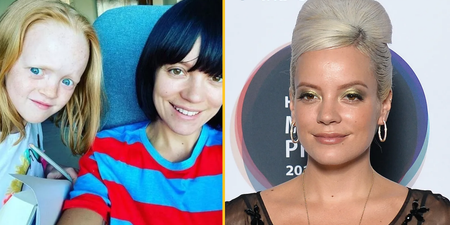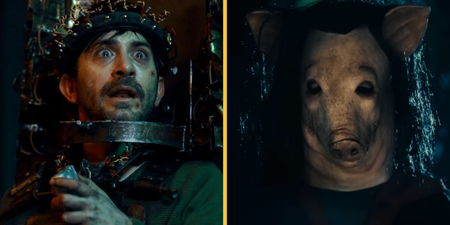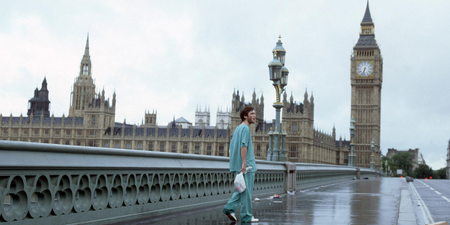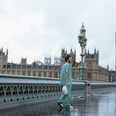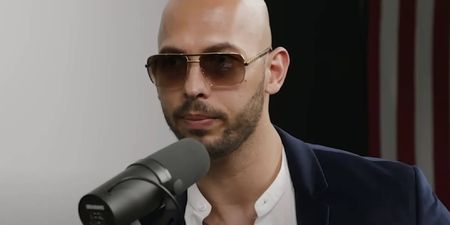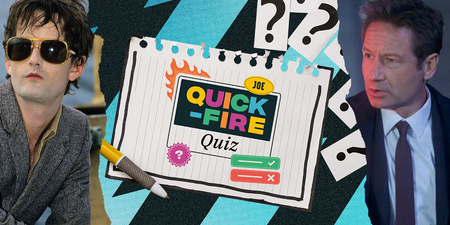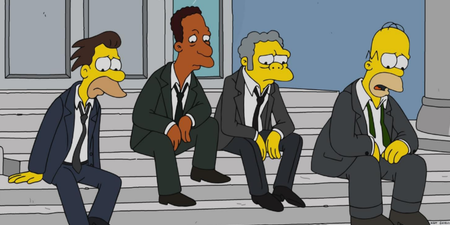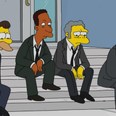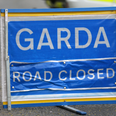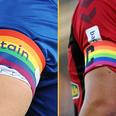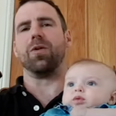Jackson, Olding, McIlroy and Harrison were unanimously acquitted of all charges a fortnight ago.
Reporting restrictions that were imposed by a Crown Court judge presiding over the trial of two Ireland and Ulster rugby players accused of rape were lifted today.
Paddy Jackson (26) and Stuart Olding (25) stood trial at Belfast Crown Court, and following a mammoth hearing which spanned over two months, the sporting duo were unanimously acquitted of all charges a fortnight ago.
Two other men – 25-year old Rory Harrison and Blane McIlroy (26) – were also cleared of charges they faced arising from an allegation that a young woman was raped in the bedroom of Mr Jackson’s south Belfast home in June 2016.
At the start of the trial back in January, Judge Patricia Smyth put a reporting restriction in place which banned all media from reporting anything said, or any applications made, in the absence of the jury.
This included the media not being able to report that an application was made by Frank O’Donoghoe – the barrister representing Stuart Olding – in the final stages of the trial to discharge the jury.
Mr O’Donoghoe made the application to Judge Smyth on the 40th day of the trial over concerns about a Tweet by Alliance Party leader Naomi Long.
During his closing speech to the jury, Mr O’Donoghoe commented that other people were in Mr Jackson’s house on the night of the incident, which prompted him to ask why the complainant didn’t shout and scream when she was being attacked.
In his address, the barrister told the jury “a lot of very middle-class girls were downstairs. They were not going to tolerate a rape or anything like that.”
In reaction, Alliance Party of Northern Ireland leader Naomi Long issued a Tweet branding Mr O’Donoghoe’s comments as “atrocious”. The Tweet also said: “What, because “working class girls” wouldn’t care/don’t matter/think rape is normal? What is the implication of that comment even meant to be? Appalling at every level.”
Following the Tweet – and when Judge Smyth had already started her charge to the jury – Mr O’Donoghue asked her to discharge the jury. Saying he was “frankly aghast” by Ms Long’s Tweet, Mr O’Donoghoe said it had “provoked significant reaction” from the public and had been liked and widely retweeted by Ms Long’s followers. Mr O’Donoghoe’s request to discharge the jury was not granted.
Any reporting restrictions imposed during a hearing are usually automatically lifted at the end of a trial, as the jury can no longer be prejudiced. However, in the ‘rugby rape’ trial, this was not the case – and a result, a barrister representing several media outlets made an application to have the press ban lifted.
This application has been listed twice since the jury reached and delivered their verdict on Wednesday March 28.
It was listed again today, with barristers for all four men who stood trial telling Judge Smyth they would not be opposing the application made on behalf of the media.
After confirming “everyone is in agreement that the restrictions should be lifted”, Judge Smyth withdrew the ban – but said the order granting anonimity to four young witnesses who are friends of the complainant remained in place.
Judge Smyth then thanked counsel and said “that really is the end of the proceedings.”
Reporting by Ashleigh McDonald for M&M News Services.
LISTEN: You Must Be Jokin’ with Aideen McQueen – Faith healers, Coolock craic and Gigging as Gaeilge
